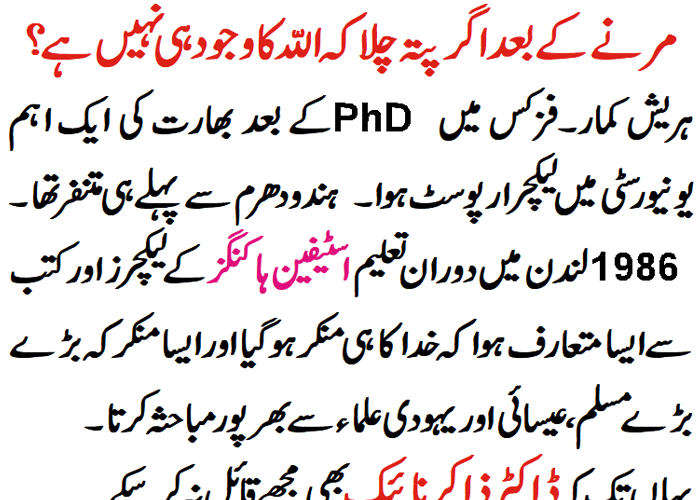Cavities, also known as dental caries, are one of the most common oral health issues faced by adults. They occur when tooth enamel is damaged due to the build-up of plaque and bacteria, leading to tooth decay. Fortunately, cavities are preventable with proper oral hygiene and lifestyle habits. Here are the top 10 tips for avoiding cavities in adults:
1. Brush Your Teeth Twice a Day
Why It Matters: Brushing your teeth at least twice a day with fluoride toothpaste is the first line of defense against cavities. It helps remove plaque—a sticky film of bacteria—that forms on your teeth throughout the day.
Tip: Use a soft-bristled toothbrush and spend at least two minutes brushing all surfaces of your teeth. Replace your toothbrush every three to four months, or sooner if the bristles are frayed.
2. Floss Daily
Why It Matters: Flossing removes food particles and plaque from between your teeth and along the gumline, areas that a toothbrush can’t reach. This helps prevent cavities in those hard-to-reach spots.
Tip: Make flossing a part of your daily routine, ideally before bedtime. If traditional floss is difficult to use, consider alternatives like dental picks or water flossers.
3. Use Fluoride Mouthwash
Why It Matters: Fluoride is a mineral that helps strengthen tooth enamel, making it more resistant to decay. Using a fluoride mouthwash can provide additional protection against cavities.
Tip: Rinse with a fluoride mouthwash after brushing and flossing, but avoid eating or drinking for at least 30 minutes afterward to allow the fluoride to work effectively.
4. Maintain a Healthy Diet
Why It Matters: What you eat has a significant impact on your oral health. Sugary and acidic foods and drinks contribute to plaque build-up and enamel erosion, increasing the risk of cavities.
Tip: Limit your intake of sugary snacks, soda, and fruit juices. Instead, focus on a diet rich in fruits, vegetables, whole grains, lean proteins, and dairy products, which provide essential nutrients for strong teeth.
5. Drink Plenty of Water
Why It Matters: Water helps wash away food particles and bacteria from your mouth, reducing the risk of plaque build-up. It also promotes saliva production, which neutralizes acids and helps repair early tooth decay.
Tip: Drink water throughout the day, especially after meals. If you drink bottled water, choose one that contains fluoride for added protection.
6. Chew Sugar-Free Gum
Why It Matters: Chewing sugar-free gum stimulates saliva production, which helps neutralize acids, wash away food particles, and strengthen enamel.
Tip: Choose sugar-free gum that contains xylitol, a natural sweetener that can help reduce the bacteria that cause cavities.
7. Avoid Frequent Snacking
Why It Matters: Frequent snacking, especially on sugary or starchy foods, provides a constant source of fuel for the bacteria in your mouth, leading to more acid production and an increased risk of cavities.
Tip: Stick to regular meals and limit snacks to once or twice a day. If you do snack, opt for healthy options like nuts, cheese, or raw vegetables, which are less likely to contribute to tooth decay.
8. Visit Your Dentist Regularly
Why It Matters: Regular dental check-ups and cleanings are crucial for maintaining oral health. Your dentist can identify early signs of cavities and provide professional cleaning to remove plaque and tartar build-up that you may have missed.
Tip: Schedule dental visits every six months or as recommended by your dentist. Don’t hesitate to see your dentist if you notice any signs of cavities, such as tooth sensitivity or pain.
9. Consider Dental Sealants
Why It Matters: Dental sealants are a protective coating applied to the chewing surfaces of the back teeth (molars), where cavities are most likely to develop. Sealants create a barrier that prevents food and bacteria from getting trapped in the grooves of your teeth.
Tip: Ask your dentist if dental sealants are a good option for you, especially if you are prone to cavities.
10. Don’t Ignore Dry Mouth
Why It Matters: Dry mouth, or xerostomia, occurs when there is not enough saliva to keep your mouth moist. Saliva plays a critical role in protecting your teeth from decay, so a lack of it can increase the risk of cavities.
Tip: Stay hydrated, chew sugar-free gum to stimulate saliva production, and talk to your dentist about possible treatments if you suffer from chronic dry mouth.
Conclusion: Prioritize Your Oral Health
Avoiding cavities as an adult requires a combination of good oral hygiene practices, healthy eating habits, and regular dental care. By following these tips, you can significantly reduce your risk of cavities and maintain a healthy smile throughout your life. Remember, prevention is always better than cure, so take proactive steps today to protect your teeth and keep cavities at bay.




